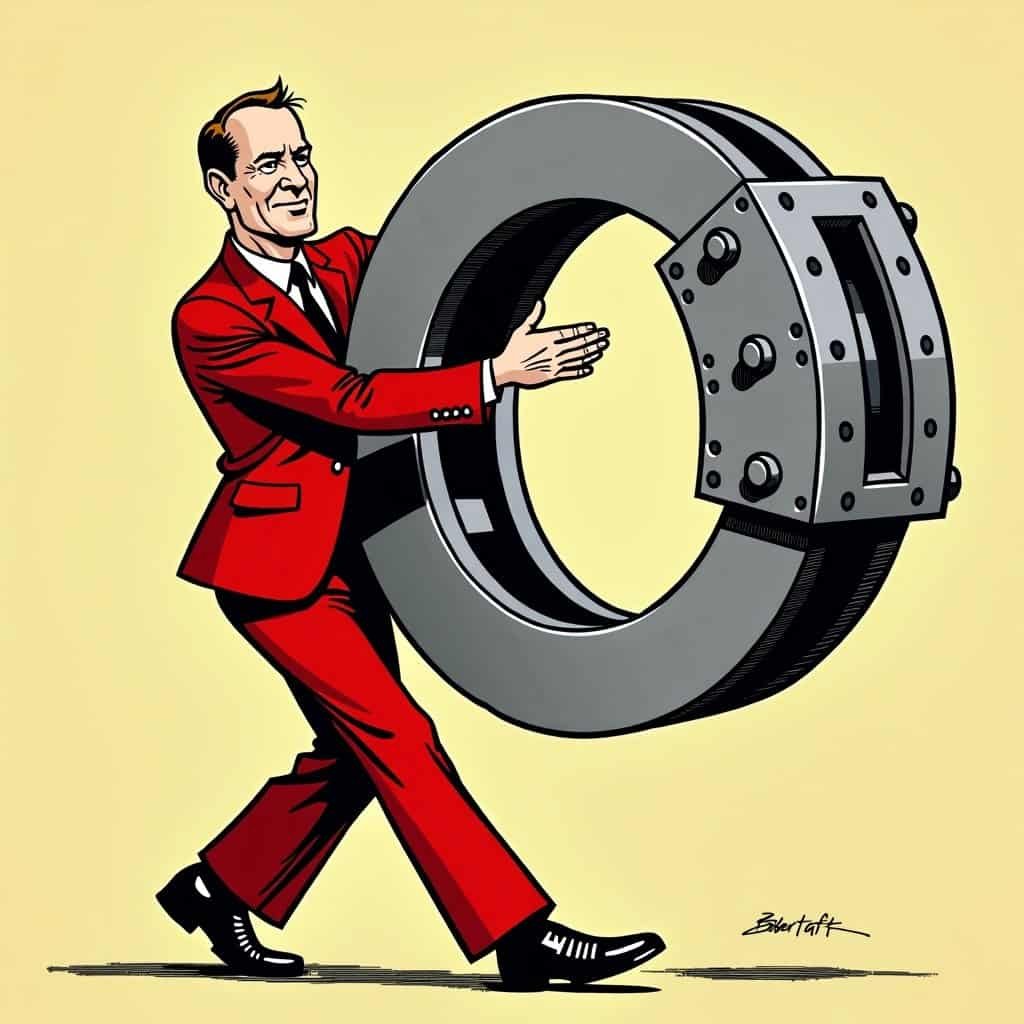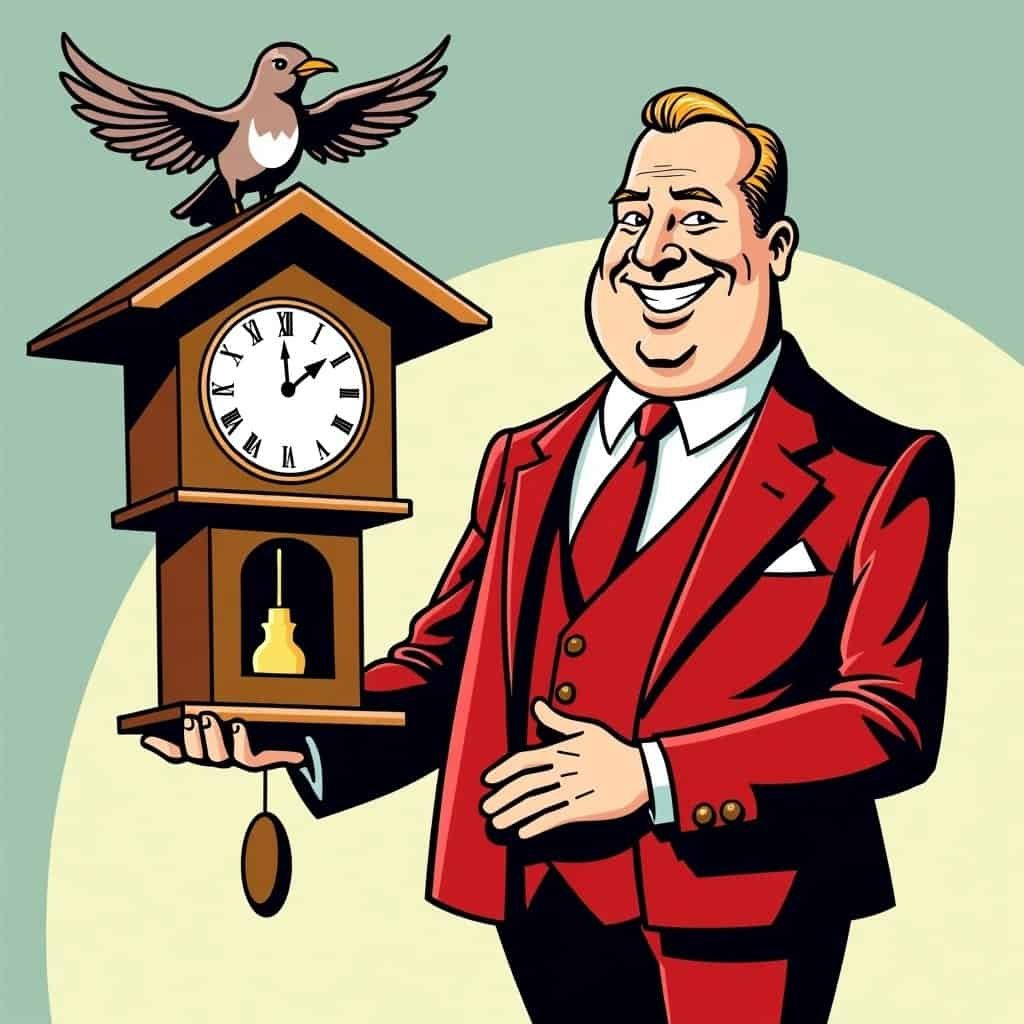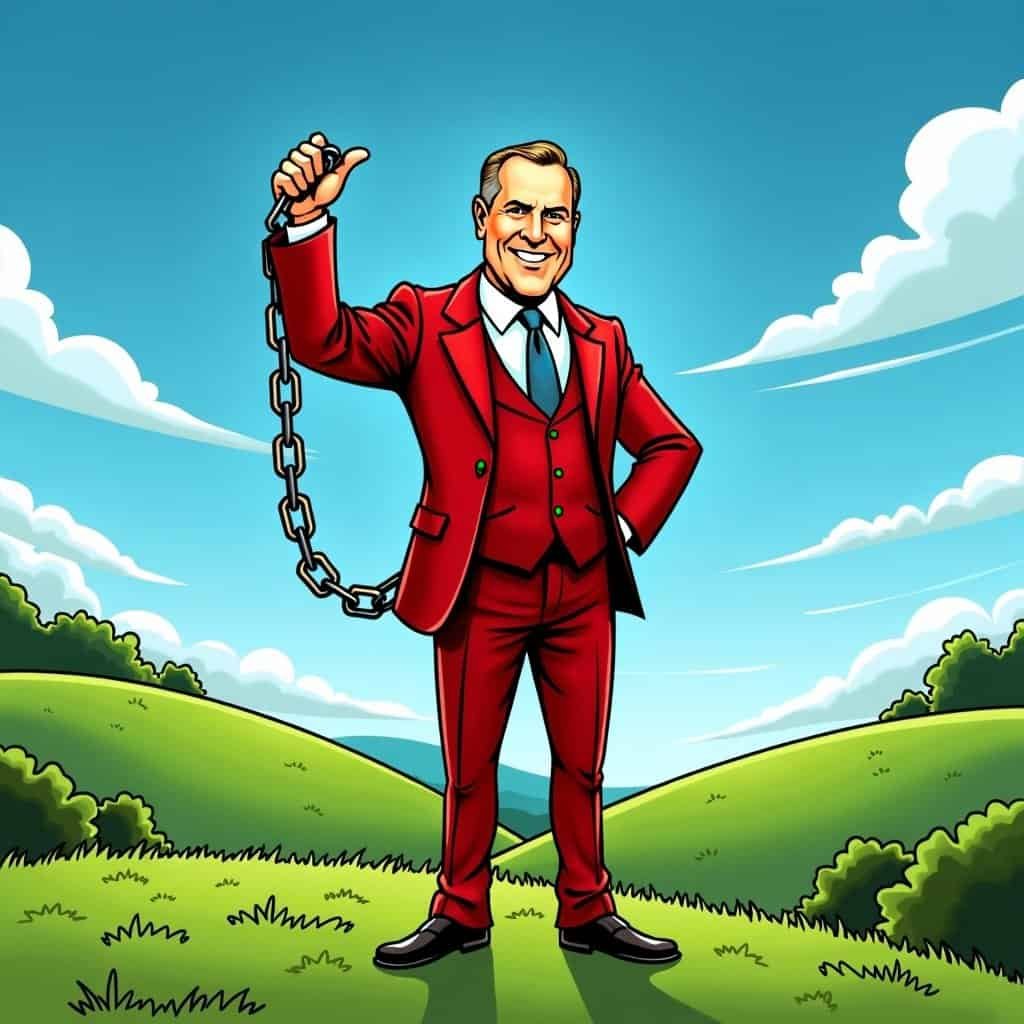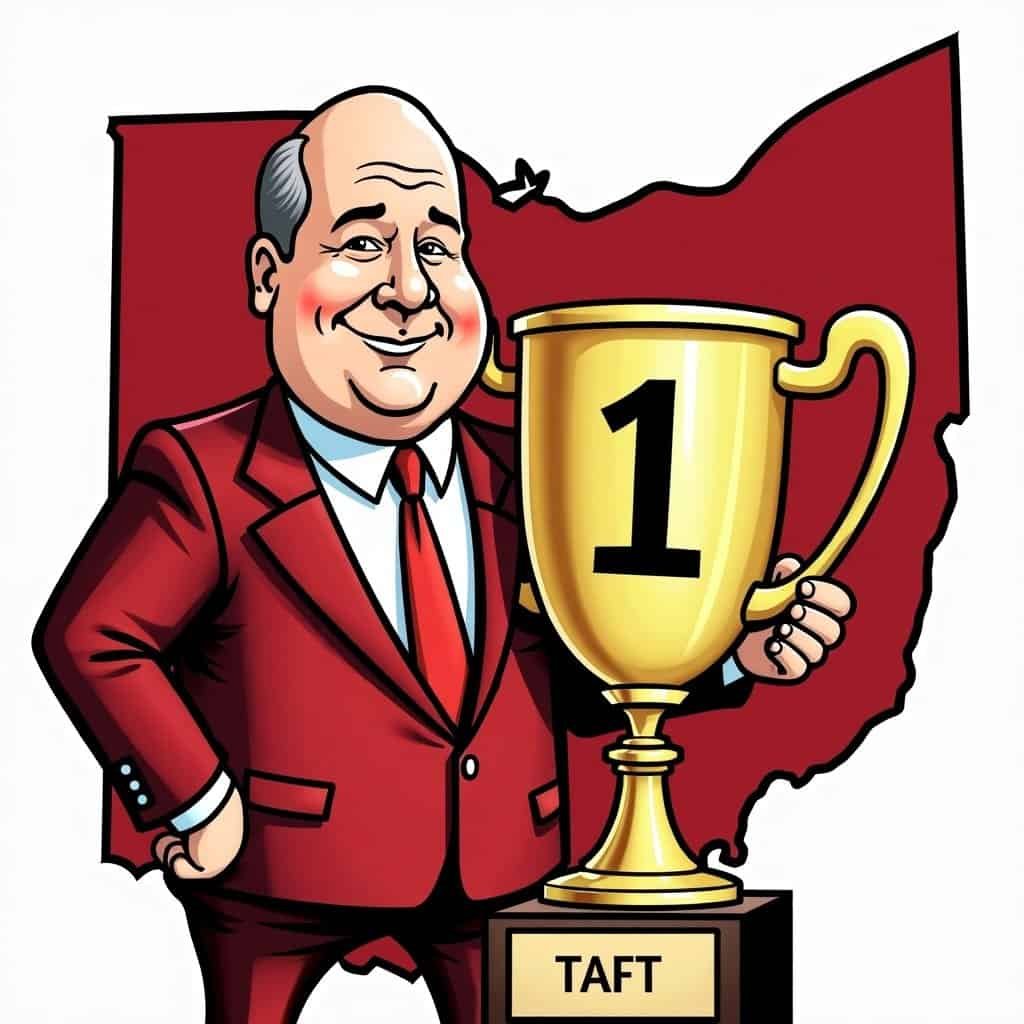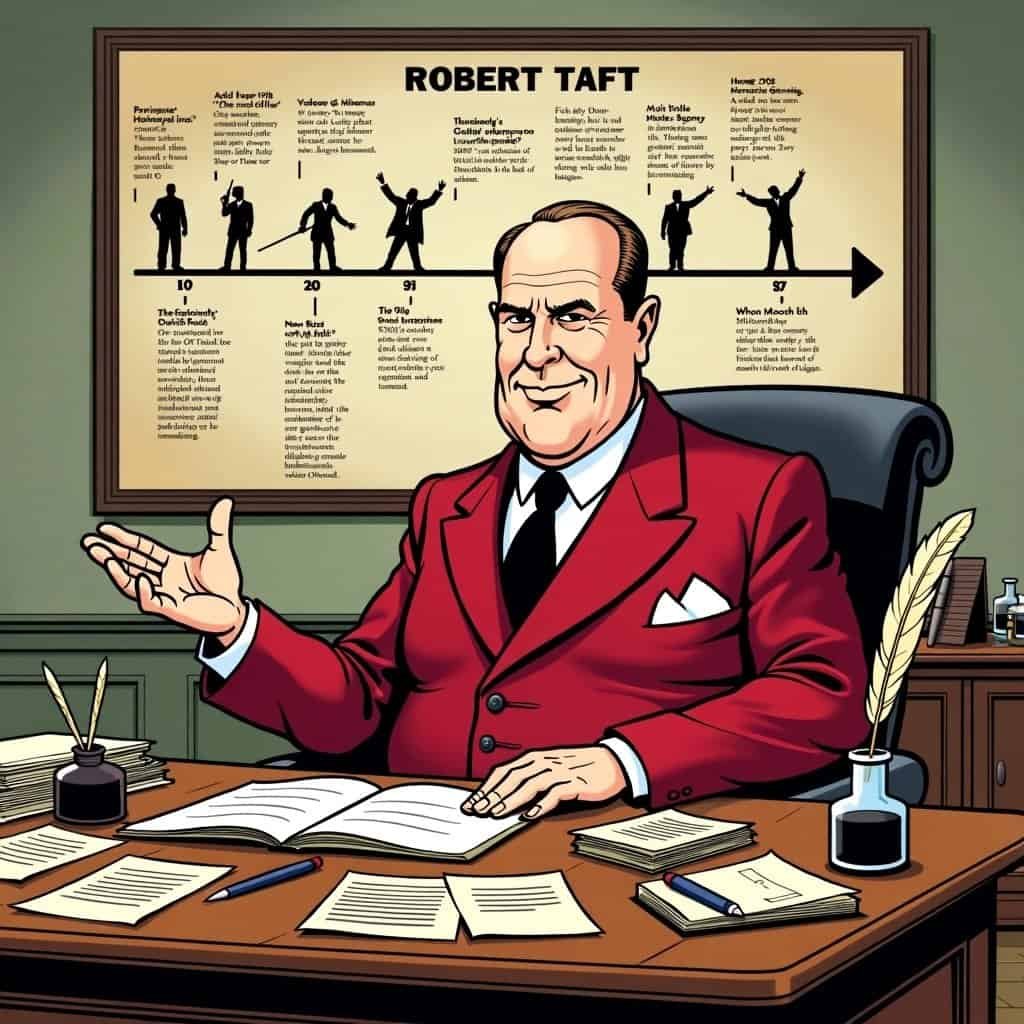Ah, Robert Taft. A name that rings with a certain tune of conservatism, wrapped in the history of a post-World War II America. Picture this: the Marshall Plan—the grand international aid bonanza initiated by Uncle Sam to fix up Europe’s crumbling economies. To many in Washington, it was a no-brainer. But to Robert Taft, it was more like, “What in tarnation are we thinking?”
Let’s hop back to the late 1940s—a time when rock ‘n roll was barely a whisper and the Cold War was getting its chilly start. Europe was on the ropes, and President Truman figured a hefty dose of financial support would make everyone feel peachy again. Enter the Marshall Plan, named after Secretary of State George Marshall, promising billions to pull Europe out of its rubble.
Sounds grand, right? But hold your horses! Robert Taft, a senator from Ohio known for his straight-shooting conservative view, raised an eyebrow so high it practically touched the balding ceiling. You see, Taft was a classic penny-pinching fiscal conservative who loved state’s rights and believed in keeping the government’s nose out of things. To him, the Plan smelled a bit too much like socialism, even if it was dressed up in good intentions.
Taft’s Concerns: A Penny-Pincher’s Perspective
So what exactly got Taft’s goat? For starters, he thought it was way over the top. Why should American taxpayers foot the bill for European recovery when there were plenty of potholes to fill back home? Taft worried about creating a bunch of moochers—a word that makes Republicans break out in hives. Shouldn’t we be teaching folks to pull themselves up by their bootstraps instead of handing out freebies? Just like a helicopter parent, Taft fretted that Europe might get too cozy with America’s handouts, leading to a serious case of the lazies.
“Give a man a fish, and you feed him for a day. Teach a man to fish, and you feed him for a lifetime.” – Ancient Proverb
Remember that old saying? Yep, Taft was all about fishing lessons over fish dinners. He saw government meddling as a slippery slope to more spending and control—a story as old as politics itself. This view showed how wary he was about getting too chummy with foreign governments through money and how much he hated the idea of America becoming the world’s ATM.
Taft’s Economic Philosophy: Free Markets and Tight Wallets
Now, one might say Robert had a point. Just look at his love for free markets, cutting red tape, and letting businesses grow without Uncle Sam breathing down their necks: solid principles that keep the economy chugging along without too much fuss. It’s no secret that conservatives have always side-eyed big government and foreign entanglements. With the Marshall Plan, they saw the risk of ballooning costs and foreign policy promises looming like a storm cloud on the horizon.
Taft’s Economic Checklist
- ✅ Free markets
- ✅ Deregulation
- ✅ Private sector growth
- ✅ Limited government intervention
- ✅ Fiscal responsibility
But critics might argue, didn’t the Marshall Plan help Europe get back on its feet? Sure, but let’s not forget conservatives often look at things differently. For Taft and his ilk, the long-term picture was what mattered most: how does an American economy, driven by personal freedom and business smarts, keep from biting off more than it can chew?
Taft’s Legacy: A Conservative Lesson for the Ages
Taft, by saying “no” to the Marshall Plan, accidentally gave us a crash course in conservative values that still rings true today: putting America first, watching the piggy bank, and teaching folks to stand on their own two feet at home and abroad. His opposition wasn’t just about being a Debbie Downer; it was about waving the flag for an America-first money policy and self-reliance.
In true pioneer spirit, don’t we all get a kick out of a conservative with a dusty road and a bold idea?
Though he was swimming against the tide, Taft’s beef with the Marshall Plan reminds us how some folks were dead set on pinching pennies, protecting personal freedom, and keeping American resources close to home. It’s not every day we see political guts mixed with a good dose of humor and a healthy splash of in-your-face realism!
Table of Contents
- Taft’s Concerns: A Penny-Pincher’s Perspective
- Taft’s Economic Philosophy: Free Markets and Tight Wallets
- Taft’s Legacy: A Conservative Lesson for the Ages

